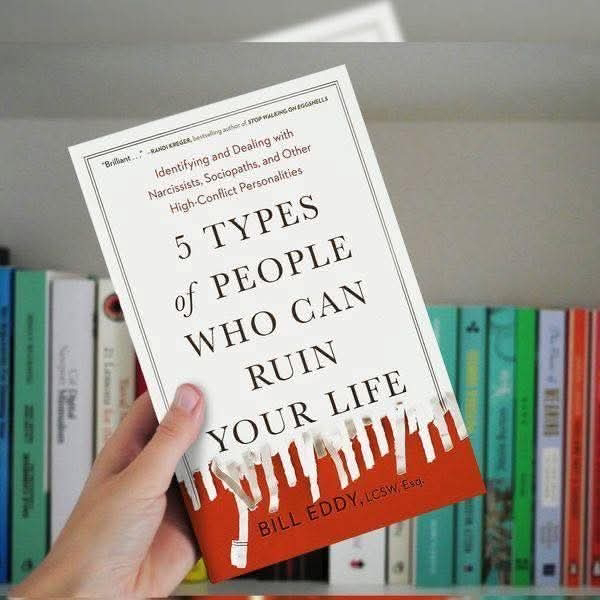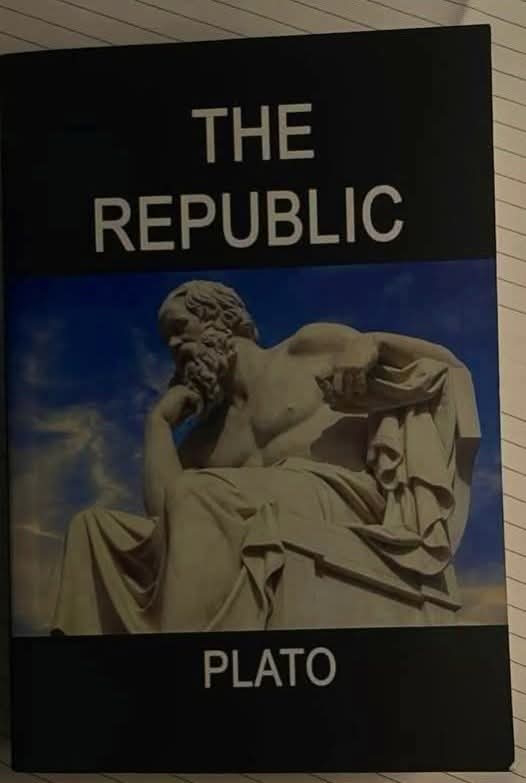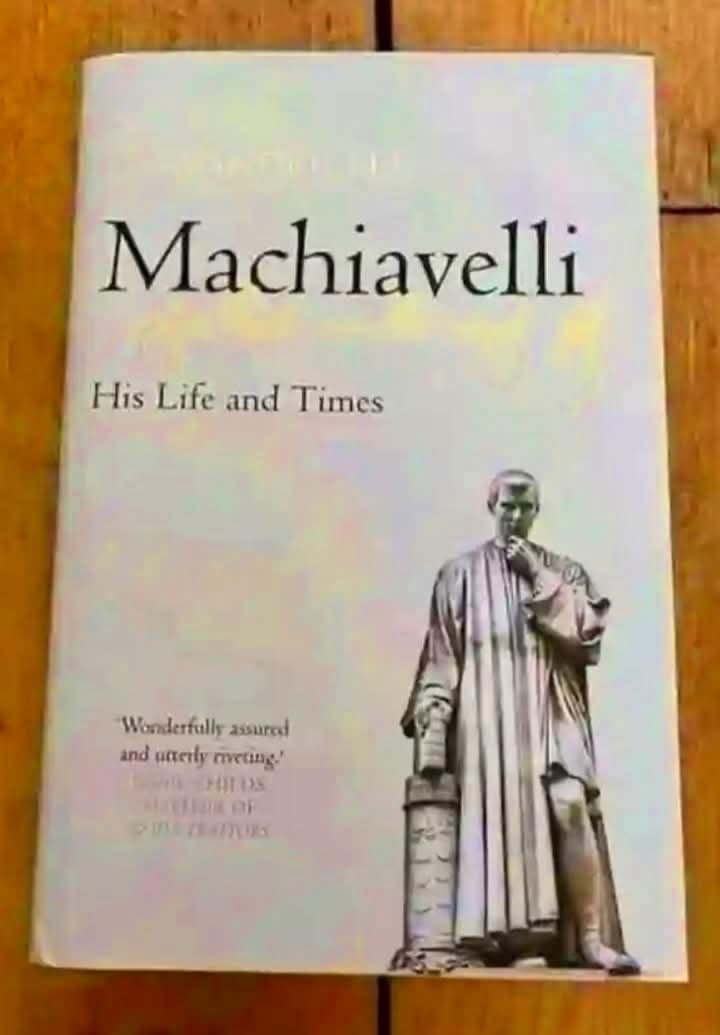Freud’s writing is part science, part philosophy, and part personal exploration. The book delves into how dreams are constructed, their connection to the unconscious mind, and the symbols they use to communicate hidden truths. Though dense and sometimes challenging, it’s an intellectual feast for anyone curious about how our minds work beneath the surface.
Here are some of the most fascinating lessons and insights I took from this monumental text:
1. Dreams Are the Royal Road to the Unconscious
Freud famously called dreams the "royal road" to understanding the unconscious mind. He believed that dreams are not random—they are a way for our unconscious thoughts, desires, and conflicts to surface in symbolic form. Often, these are thoughts we suppress during waking life because they are too uncomfortable, embarrassing, or socially unacceptable. Dreams aren’t meaningless—they’re a dialogue between our conscious and unconscious minds. Paying attention to them can reveal hidden truths about ourselves.
2. Symbols Are the Language of the Unconscious
Freud argued that dreams express their meaning through symbols, often in a disguised or distorted way. For example, objects in dreams may represent desires, fears, or unresolved conflicts. These symbols often appear universal but can also be deeply personal, shaped by the dreamer’s own experiences and associations. Deciphering the symbols in our dreams can help us better understand our emotions, struggles, and desires. However, context is everything—what a symbol means to one person might differ for another.
3. Wish Fulfillment is Key
One of Freud’s most famous (and controversial) ideas is that all dreams are a form of wish fulfillment. Even nightmares, he argued, represent desires—though these desires may be twisted or disguised in ways that make them unrecognizable. Dreams, according to Freud, allow us to safely explore wishes that might be unacceptable or unattainable in waking life. Dreams are often a safe space for your mind to explore things you wouldn’t dare admit to yourself during the day. Reflecting on what you truly desire can be a powerful exercise in self-awareness.
4. The Mind Uses Defense Mechanisms
Freud explained that the mind protects itself from painful or uncomfortable truths by distorting and disguising the content of dreams. This is why dreams often appear fragmented, nonsensical, or difficult to interpret. Mechanisms like condensation (combining multiple ideas into one symbol) and displacement (shifting emotions from one object to another) ensure that the dream’s true meaning isn’t obvious. Our minds are both brilliant and protective, using complex strategies to shield us from what we might find too overwhelming to confront directly. This makes dream interpretation a puzzle worth solving.
5. Personal Experience Shapes Dreams
Freud emphasized that while some dream symbols are universal, many are deeply personal. The images, emotions, and narratives in our dreams are shaped by our unique life experiences, relationships, and memories. A snake in one person’s dream might symbolize danger, while in another’s, it could represent wisdom or transformation. Understanding your dreams requires looking at them through the lens of your own life. Your personal history and emotional associations hold the key to decoding their meaning.
The Interpretation of Dreams is not an easy read—it’s dense, theoretical, and steeped in Freud’s unique (and sometimes controversial) worldview. But it’s also a fascinating exploration of the mind and an enduring masterpiece in psychology. Freud’s insights into the unconscious mind and the symbolic nature of dreams have influenced not just therapy but art, literature, and culture as a whole.
This book taught me that dreams are more than just fleeting images—they are a map to the hidden parts of ourselves. While Freud’s theories may not resonate with everyone in their entirety, his work invites us to take our inner lives seriously and to explore the mysteries of the mind with curiosity and courage.
If you’re interested in psychology, self-discovery, or the deeper meanings behind your dreams, The Interpretation of Dreams is a must-read. It’s not just a book—it’s an invitation to better understand yourself and the unconscious forces that shape your life.













